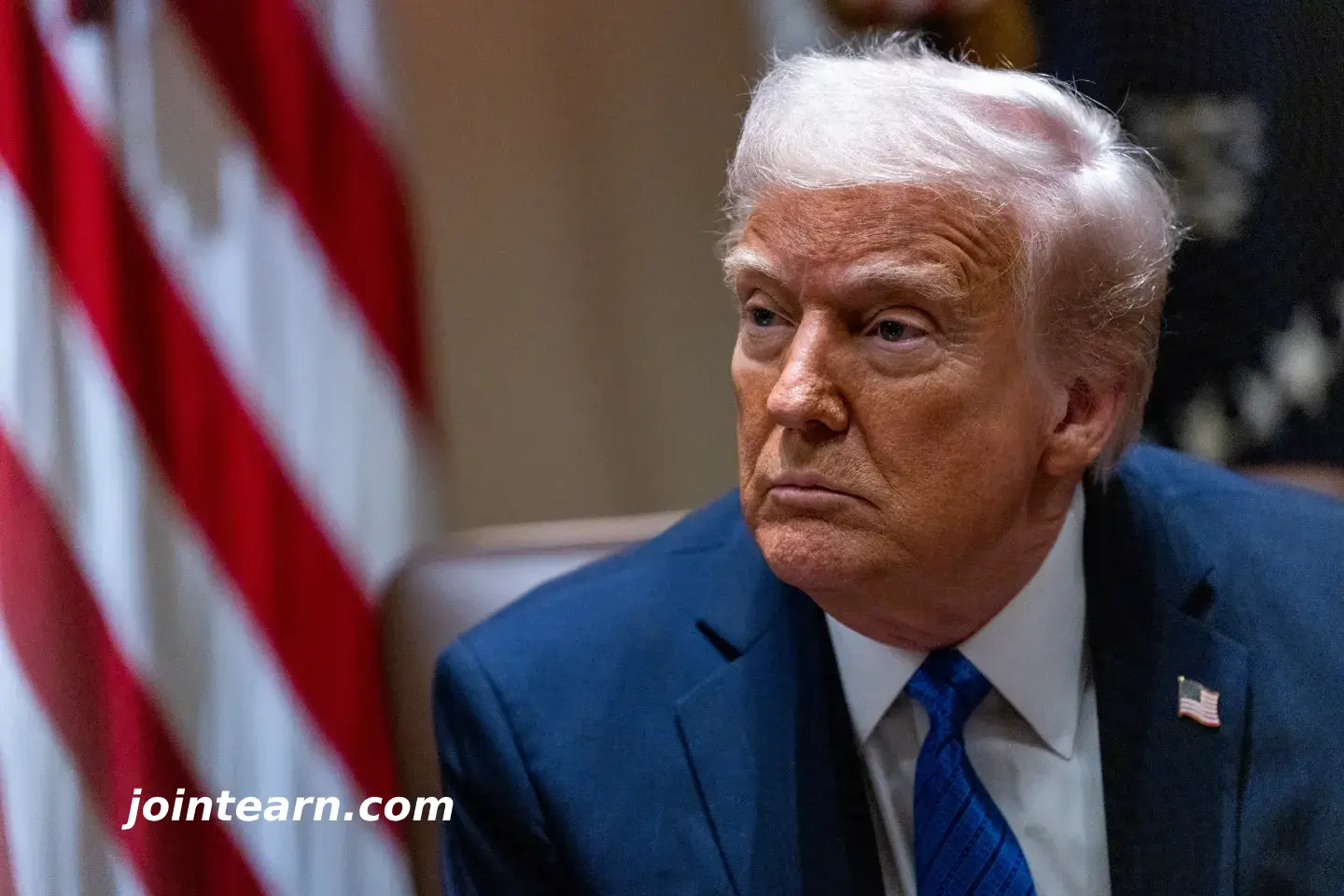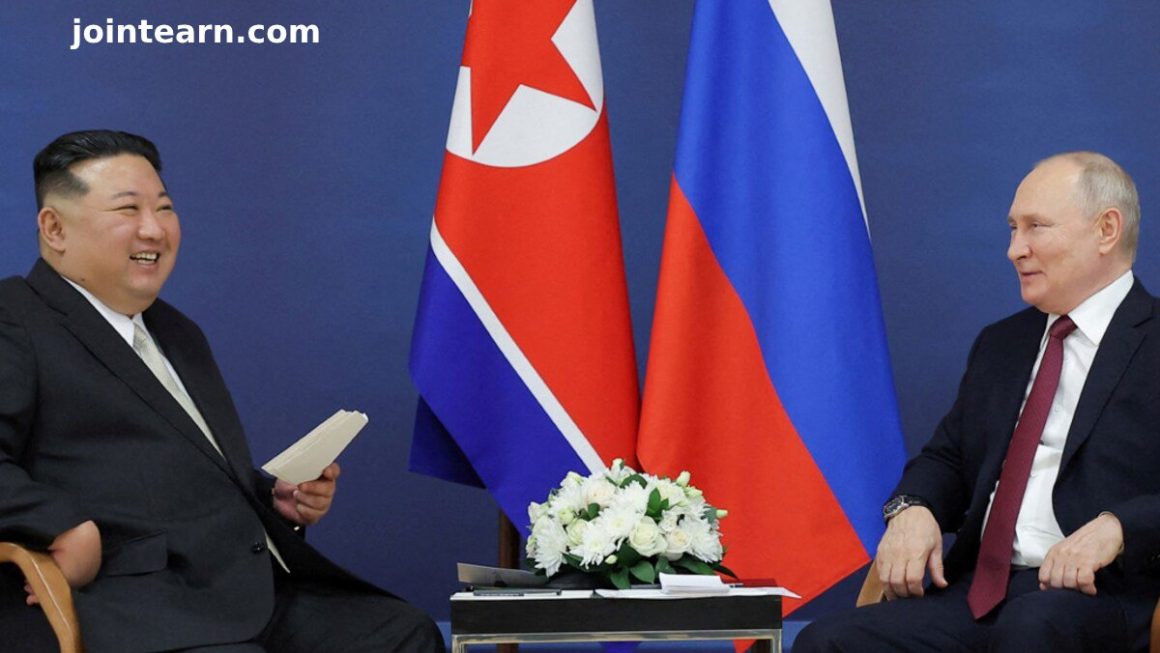Washington, D.C. – President Donald Trump has signed a controversial executive order aimed at reforming the US election system, mandating proof of citizenship for voters and restricting mail-in ballot deadlines.
Key Highlights of Trump’s Election Order:
-
Voter ID Requirement: The order mandates that voters provide proof of citizenship, such as a passport or other legal documents.
-
Mail-In Ballot Restrictions: States will be barred from counting mail-in ballots received after Election Day.
-
Federal Funding at Risk: States that fail to comply could lose access to federal funding.
Legal and Political Backlash
Election experts and voting rights advocates warn that the order could disenfranchise millions of eligible voters who lack immediate access to official documentation. Critics also argue that the measure could face significant legal challenges, as state governments have broad authority over election procedures.
“The president cannot override federal law regarding voter registration requirements,” said Wendy Weiser of the Brennan Center for Justice.
Election Integrity vs. Voter Suppression Debate
Trump has long claimed, without evidence, that widespread voter fraud impacted past elections. His latest move echoes previous attempts to enforce stricter voting laws, which opponents say disproportionately affect minority and low-income voters.
While some states already require identification to vote, many allow voters to attest to their citizenship without additional documentation. The new order could significantly change this process nationwide if upheld in court.
What’s Next?
Legal battles are expected as states push back against federal overreach. UCLA law professor Rick Hasen noted that elections are primarily managed at the state level, making the enforceability of Trump’s order uncertain.
As the 2024 election approaches, this executive order is set to fuel ongoing debates over election security, voter access, and federal authority in state-run elections.












